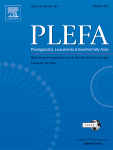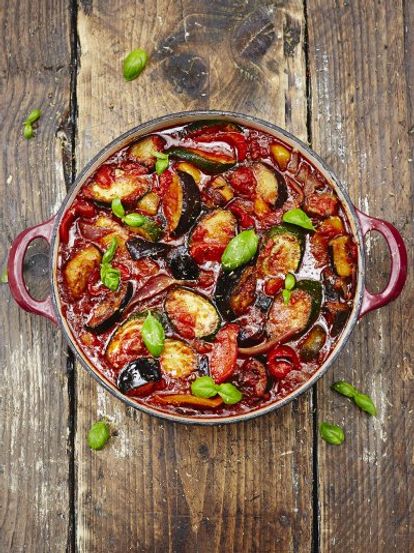 Things about sepsis...
Research undertaken by Imperial College London
Things about sepsis...
Research undertaken by Imperial College London, has shown that digital monitoring significantly reduces hospital stays and chance of death related to sepsis. The digital sepsis alert system at Imperial College Healthcare NHS Trust was introduced in 2016 and monitors a number of symptoms to help identify sepsis before it becomes a problem. Alerts are sent to clinicians via a pop-up warning on their electronic health records and/or on a dashboard, which highlights any patient with an active alert when they open a patient's record.
The study found that the chance of death in hospital due to sepsis dropped by 24%, as well as 35% higher chance of receiving timely antibiotics to fight the infection. Early diagnosis of sepsis is crucial and allows teams in hospitals to determine the best course of action for the patient. Dr Anne Kinderlerer, consultant rheumatologist at Imperial College Healthcare NHS Trust and co-author of the study, said:
"More patients are surviving sepsis at our hospitals and it is testament to the alert and treatment plans we have working hand in hand to help us ensure that patients are treated with antibiotics and other interventions in order to save more lives.”
Further research will be done in the future to determine whether these results are the same with a larger patient group.
Things about what you eat...

Does it matter what we eat for our mental health? Emerging findings from intervention studies suggest that diet (often combined with lifestyle) modification has potential in the prevention and treatment of mental health and may modify drug treatment effects. This is one of the findings from an article in European Neuropsychpharmacology on
Nutritional psychiatry.
Things about seafood...

The relationship between seafood eaten during pregnancy and neurocognition in offspring has been the subject of considerable scientific study for over 25 years. Evaluation of this question led two scientific advisory committees to the Dietary Guidelines for Americans (DGAC), the Food and Agriculture Organization of the United Nations with the World Health Organization (FAO/WHO), Health Canada, the European Food Safety Authority (EFSA), and the U.S. Food and Drug Administration (FDA) to conclude through 2014 that seafood consumed by pregnant women is likely to benefit the neurocognitive development of their children. This article "
An abundance of seafood consumption studies presents new opportunities to evaluate effects on neurocognitive development" provides the history, context and rationale for reexamining these questions in light of currently available data. This article
"Relationships between seafood consumption during pregnancy and childhood and neurocognitive development: Two systematic reviews." states
"Assessment of seafood as a whole food integrates inherently integrates any adverse effects from neurotoxicants, if any, and benefits to neurocognition from omega-3 fats, as well as other nutrients critical to optimal neurological development. Understanding of the effects of seafood consumption on neurocognition can have significant public health implications."
Things about an app...

An advert suggesting that children could gain likes and followers to progress through an app has been banned by the UK's advertising watchdog.
The Advertising Standards Authority (ASA) ruled that the phrase "get likes and followers to level up" could have a "detrimental effect on youngsters' mental health and self-esteem". The ad was "likely to cause harm" and was "irresponsible", it added. PopJam argued that its app encouraged "positive digital engagement".
The ASA said in its ruling: "We considered [the ad] explicitly encouraged children to seek likes and followers in order to progress through the app". It acknowledged that there were other ways of advancing in the app, but said that these were not explained in the ad.
"We considered that the suggestion that the acquisition of likes and followers was the only means of progression was likely to give children the impression that popularity on social media was something that should be pursued because it was desirable in its own right."
According to an Ofcom report, 78% of 12 to 15 year olds feel pressure to look popular on social media.
More things about social media...

An interesting
blog about 'sharenting', in this post Professor Stacey Steinberg considers these questions and outlines three categories of risk in relation to ‘sharenting’ that she has identified in
her research. She also gives some 'best practices' that can guide parents as they share information about their children online.
Things about DNA...

Plans for the National Health Service to sequence the DNA of every baby born in the UK, starting with a pilot scheme of 20,000 children, were announced by health minister Matt Hancock recently. This
article in the New Scientist discusses the ethical issues around this topic.
Things about climate change...

The
Lancet Countdown is an international, multidisciplinary collaboration, dedicated to monitoring the evolving health profile of climate change, and providing an independent assessment of the delivery of commitments made by governments worldwide under the Paris Agreement.
Things to eat...

These individual fish pies or
Mediterranean fish gratins look like a really nice idea - or you could make one big one.



.jpg)













































